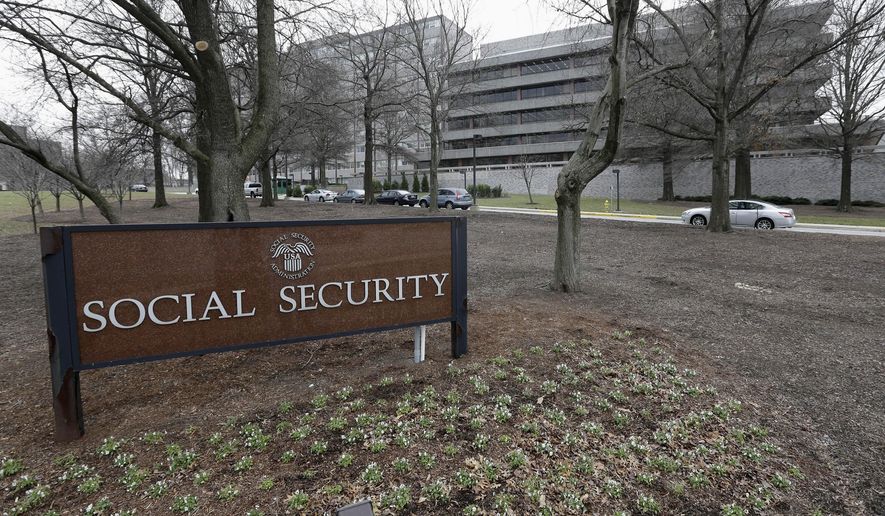Roughly 6.5 million people with active Social Security numbers are age 112 and older, according to an audit by the Social Security Administration’s inspector general.
The March 4 audit concluded that the administration “did not have controls in place to annotate death information” on the the main electronic file, called Numident, for Social Security numberholders who exceeded maximum reasonable life expectancies and were likely deceased.
“We obtained Numident data that identified approximately 6.5 million numberholders born before June 16, 1901 who did not have a date of death on their record,” the report states.
The inspector general said the questionable identification numbers put the government at risk of fraud and waste. Some of the numbers assigned to long-dead people were used fraudulently to open bank accounts, and thousands of numbers were apparently used by illegal immigrants to apply for work, CNS News reported.
“During Calendar Years 2008 through 2011, SSA received 4,024 E-Verify inquiries using the SSNs of 3,873 numberholders born before June 16, 1901,” the report said. “These inquiries indicate individuals’ attempts to use the SSNs to apply for work.”
Sens. Ron Johnson, Wisconsin Republican, and Tom Carper, Delaware Democrat, who head the Senate committee that oversees the Social Security Administration, issued a joint statement Monday urging the agency to clean up its files, CNS News reported.
“It is incredible that the Social Security Administration in 2015 does not have the technical sophistication to ensure that people they know to be deceased are actually noted as dead,” Mr. Johnson said. “Making sure Social Security cleans up its death master file to prevent future errors and fraud is a good government reform we can all agree on.”
Mr. Carper agreed, saying eliminating such errors by simply keeping track of who has died is a “relatively simple problem that the government should pursue as a high priority.”
The inspector general made recommendations to the administration for resolving the discrepancies and correcting its death records, but the agency disagreed.
“The recommendations would create a significant manual and labor-intensive workload and provide no benefit to the administration of our programs,” Social Security management said in a response to the review, The Washington Post reported.
The agency agreed to other proposals, including one to resolve cases in which multiple individuals are using the same Social Security number.
“SSA stated that, while it had concerns about the resource impact and error risk of correcting very old non-beneficiary records, it would explore the legal and technical feasibility, as well as the cost, to establish an automated process to update these records,” the report said. “SSA agreed to complete its analysis by the end of FY 2015.”
• Jessica Chasmar can be reached at jchasmar@washingtontimes.com.




Please read our comment policy before commenting.